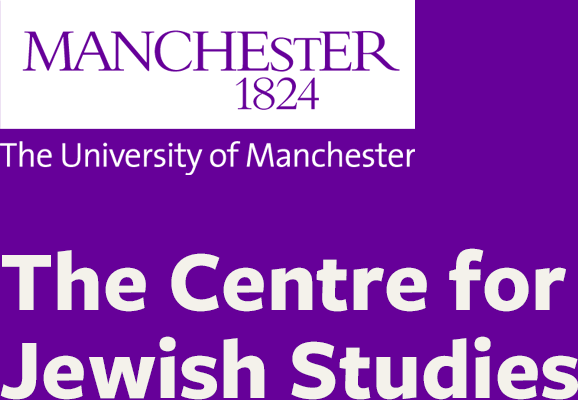The Bogdanow Lectures in Holocaust Studies
2018
‘Bystanders and the Holocaust in Poland’
Prof. Jan Grabowski (University of Ottawa)
Lecture 1: Bystanders and the Holocaust in Poland
The focus of this lecture was 'bystanders', that is, people who found themselves, usually without any conscious choice or decision of their own, faced with one of the most difficult of challenges: how to respond to mass murder which happened, quite literally, right in front of them. This aspect of the history of the Holocaust - which occurred in those unfortunate geographical locations where the Germans decided to implement the 'Final Solution' and where Jewish victims encountered not only the perpetrators but also other witnesses to their fate - is one of the most contentious and hotly debated fields of contemporary historical research. In Poland, under the German occupation, remaining an indifferent 'bystander' to the ongoing extermination was simply impossible. Some people helped the Jews, some hurt them, others shut their eyes and refused to watch. But no-one could remain apart from what was going on.
Lecture 2: The Polish 'Blue' Police and its Role in the Implementation of the 'Final Solution' (Tues 30 Jan, 6pm, A113)
In September 1939, after four weeks of valiant but hopeless struggle against the vastly superior German forces, the Polish state collapsed. Nevertheless, some of its institutions, such as the police, had to be revived by the occupiers. During the first months of occupation the ranks of the Polish 'Blue' Police grew quickly reaching at its peak in 1943 more than 20,000 people, mostly pre-war police officers. The 'blue' police became the only militarized and armed Polish force which the Germans allowed to continue in occupied Poland. From the very beginning of the occupation, the Polish officers of the 'Blue' police were involved in the enforcement of anti-Jewish measures and regulations introduced by the Germans. With time, they became an important, often indispensable, element in the German machine of extermination of the Jews.
Masterclass: New Sources, New Questions
The history of the Holocaust in the light of new archival evidence.
See the events archive for previous Bogdanow Lectures.
The Bogdanow Lectures Bequest
This annual public lecture series was made possible as a result of the generous bequest to the University by Fanni Bogdanow (1927-2013), a former Professor of French and Medieval Studies at Manchester and a child refugee on the Kindertransporte.
"Fanni Bogdanow was born in Düsseldorf, Germany. When she was 11, in 1939 and just in time, her parents loaded her on to a Kindertransport train bound for Britain. She was taken in by a Quaker family in Manchester to whom she remained very grateful. In 1945, she won a scholarship to study French at Manchester University; she was to stay at Manchester, as undergraduate, postgraduate, lecturer, reader and professor, for the rest of her life. Her parents, astonishingly, survived between them Dachau, Auschwitz and Bergen-Belsen; to Fanni's intense joy, her mother later joined her in Manchester..." [More from The Guardian]
Fanni Bogdanow's full life story interview was conducted in April 2002 by one of the Centre's former PhD students, Ros Livshin, and was archived at the Oral Testimony Archive of the Manchester Jewish Museum, a collection compiled under the supervison of the Centre's Bill Williams.
See also
Fanni Bogdanow, 'Anne Frank and the Holocaust' in Bulletin of the John Rylands University Library of Manchester 88:1 (2006), 207-215.
Fanni Bogdanow, 'From Holocaust Survivor to Arthurian Scholar' in On Arthurian Women, edited by Bonnie Wheeler and Fiona Tolhurst (Dallas: Scriptorium Press, 2001), 387-394.
As part of her bequest to the University of Manchester, Prof. Fanny Bogdanow funded a number of student travel bursaries for educational visits to concentration camps. This year the Centre for Jewish Studies can allocate a number of awards of £400 each (based on an estimated cost of £230 for flights and £115 for hotel/tour, plus £55 contribution for food/other expenses). The expectation is that the visit would take place during the period 1 January - 30 June 2018.
Application: Please email Laura.Mitchell@manchester.ac.uk and outline in a couple of sentences your interest in the subject, and whether you are currently registered for a relevant course unit. (Depending upon demand, priority may be given to students registered on relevant course units). Please also confirm that you understand that you must provide receipts for all costs/expenses that will be reclaimed, and that you are prepared to write a 500 word report for publication. Deadline for application: 1 December 2017, with an expectation of notification to successful applicants by 1 January 2018. Eligibility: Any undergraduate, post-graduate, or research student in SALC.

